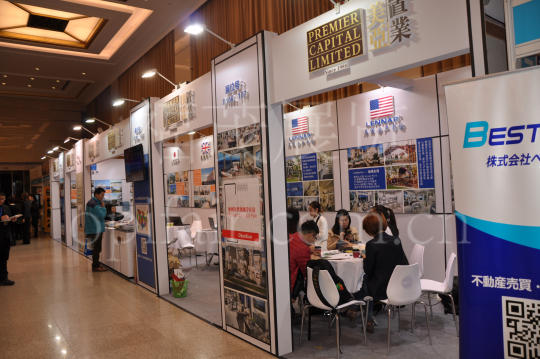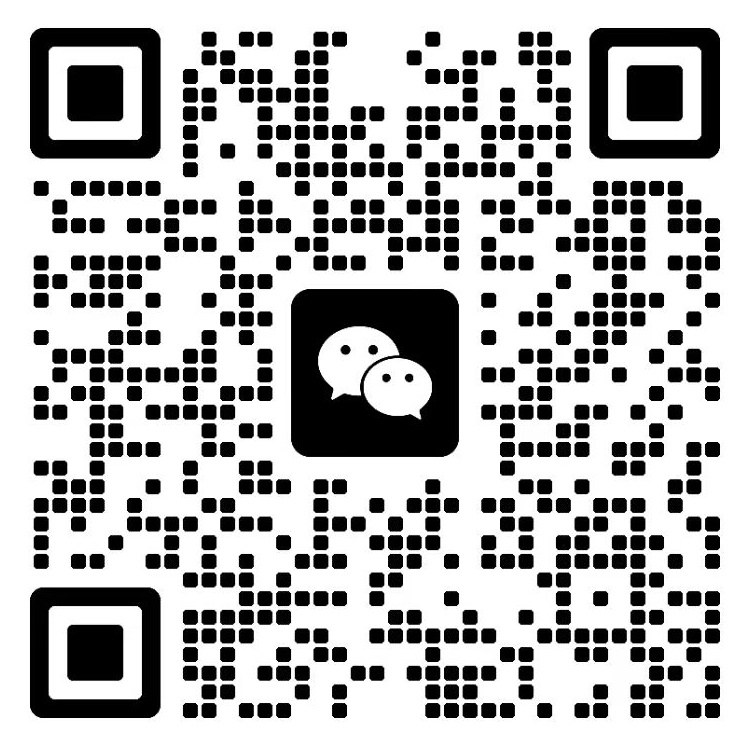In the context of globalized education, study abroad expos have become crucial platforms for students to engage directly with overseas universities and educational institutions. Faced with numerous booths and admissions officers, the key to participating effectively is how to ask precise questions to gain effective information and showcase your strengths. Many students miss opportunities or even become overwhelmed by the overwhelming amount of information due to vague or unfocused questions. This article will explain how to effectively ask questions, focusing on three key aspects: preparation before asking questions, strategies during asking questions, and follow-up after asking questions, to make study abroad expos an accelerator for your application process.
Before Asking: Clarify Your Objectives and Do Your Research
Focus on Core Questions and Avoid Generalities
Before attending an expo, prioritize your questions based on your specific needs (e.g., country, major, and budget). For example:
Application: Does a program accept applicants from different backgrounds? What prerequisite courses are required?
Scholarship: Are there any special scholarships for international students? When is the application deadline?
Employment: Does your school offer internships or industry partnerships? What is the graduate employment rate?
Avoid general questions like “Is your school good?” and focus on specific details. Research your target schools to demonstrate your interest.
Review the school’s website, curriculum, and admissions requirements in advance, and cite specific information when asking questions. For example, “I see your computer science program has added an AI-focused program. Could you please provide more details about what it covers?” This type of question demonstrates your dedication and encourages the admissions officer to provide in-depth information.
Prepare “differentiated” questions to highlight your strengths.
Design questions based on your background (such as internships, research, and language proficiency) to demonstrate a strong fit. For example, “I’ve worked on data analysis projects at XX company. How does this align with the practical requirements of your business analytics program?” These questions will allow the admissions officer to quickly identify your strengths.
During the questioning process: Master the skills to communicate effectively
Prioritize “high-value” questions to maximize time.
Admissions officers have limited time, so prioritize asking for key information that will influence the application decision, such as:
Application deadlines and checklist (to avoid missing out on opportunities due to omitted materials);
Acceptance rate or competitive advantage (to assess the difficulty of the application);
Any hidden advantages (such as alumni recommendations or special programs);
Save “chatty” questions (such as questions about the campus cafeteria) for the end of the discussion. Use open-ended questions to elicit in-depth responses.
Avoid closed-ended “yes/no” questions. Instead, use phrases like “how” and “can you give an example?” For example:
Closed-ended questions: “Does your school support changing majors?”
Open-ended questions: “If I want to switch from liberal arts to business, what additional courses do I need? Does the school offer tutoring?”
Open-ended questions can encourage admissions officers to share more practical information.
Record key information to avoid omissions.
Keep a notebook or phone handy to record key points from the admissions officer’s responses (such as scholarship titles and contact email addresses). If the officer makes a verbal promise (e.g., “Your background meets the admissions priority requirements”), politely request an email confirmation to preserve evidence.
After the Question: Follow Up, Reinforce, and Deepen the Connection
Send a thank-you email within 24 hours to strengthen the impression.
The email should include:
A brief self-introduction (name, participating institution, and time of the exchange)
A review of key conversations (e.g., “Thank you for answering my questions about the XX scholarship”)
Attach a resume or portfolio (if applying for an art program)
Sample template:
“Dear Professor XX, I’m XX, who was at your university’s booth today. The XX project you mentioned aligns perfectly with my research interests. Attached is my academic resume, and I look forward to further communication.”
Stay in touch through social media
If the admissions officer provides LinkedIn, WeChat, or an official university group, apply to join and engage regularly (e.g., by liking university updates or attending online seminars). However, avoid frequent private messages to maintain a professional image.
Review the effectiveness of your questions and optimize follow-up strategies.
After the exhibition, evaluate which questions were effectively answered and which require further information. For example, if a university’s admissions officer doesn’t clearly state the required essays, verify this further on the official website or via email. Also, adjust your application strategy based on feedback (e.g., adding alternative majors).
The value of study abroad expos lies not only in collecting brochures but also in establishing deep connections with institutions through precise questioning. A well-thought-out list of questions can quickly capture key information, showcase your strengths, and even garner extra attention from admissions officers.







